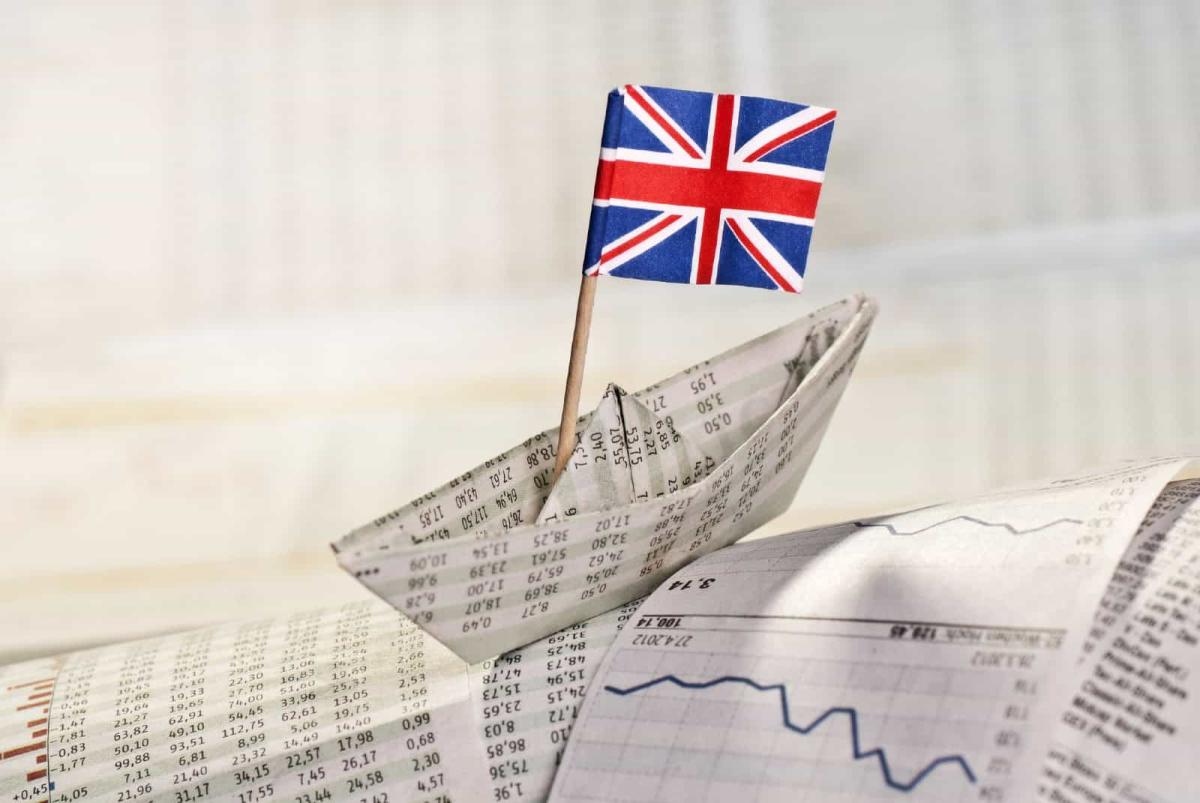2 quality UK shares for investors to consider buying

Over the long term, the best investment results tend to come from the highest quality businesses. And the UK has a couple that fit the bill, by anyone’s standards.
Both the FTSE 100 and the FTSE 250 have stocks that I think are worth considering. And the best opportunities sometimes show up in industries that don’t look hugely promising.
Admiral
As a rule, I’m not that excited about investing in UK insurance companies. But I’m prepared to make an exception for Admiral (LSE:ADM), which I view as the best in the industry.
As a whole, the insurance industry’s somewhat commoditised. That means customers generally choose whichever policy’s cheapest and that brings risks for all participants.
That means there’s a danger of other firms weighing on Admiral’s growth by undercutting it on prices – even if this isn’t profitable. But I think the quality of the business should come through over time.
The company’s combined ratio – the percentage of premiums paid out in claims – fell from 89.8% to 80.4% during the first half of 2024. That gives it some of the best operating margins in the industry.
Admiral’s exceptional results aren’t an accident. Its technology allows it to price policies more effectively than its rivals and its ability to earn superior returns looks durable.
For shareholders, this means higher dividends. As a result of its recent success, the company raised its interim dividend from 51p to 71p per share.
JD Wetherspoon
JD Wetherspoon‘s (LSE:JDW) another example of a quality business in an unpromising industry. The UK pub market’s highly competitive and consumers can choose to go elsewhere whenever they like.
Nonetheless, a company with lower costs than its rivals can set itself apart. And I think that can also make for an attractive investment proposition.
That’s exactly what Wetherspoon does. As a result of owning most of its estate outright and placing huge orders to secure preferential prices, it’s able to turn a profit while charging less than its rivals.
There are some things the company can’t control though. These include staffing costs, which have the potential to cut into margins if things like the minimum wage rise.
This could weigh on Wetherspoon’s margins, but this should also be true for the rest of the industry. I therefore don’t see this as a risk to the firm’s competitive edge, which I think matters over the long term.
It might not be the most obvious choice, but I think this could be a really good investment over time. I’ve been buying the stock this month and I intend to continue.
Warren Buffett
One of billionaire investor Warren Buffett’s key principles is that it’s better to buy shares in a quality company at a fair price than the other way around. And I think the history of the stock market indicates this is right.
Quality businesses are ones with a durable advantage over their competitors and both Admiral and JD Wetherspoon fit the bill. There are never any guarantees with investing, but I expect both to do well.
The post 2 quality UK shares for investors to consider buying appeared first on The Motley Fool UK.
More reading
Stephen Wright has positions in J D Wetherspoon Plc. The Motley Fool UK has recommended Admiral Group Plc. Views expressed on the companies mentioned in this article are those of the writer and therefore may differ from the official recommendations we make in our subscription services such as Share Advisor, Hidden Winners and Pro. Here at The Motley Fool we believe that considering a diverse range of insights makes us better investors.
Motley Fool UK 2024
Related
Why investing in women is a vital next step for…
Get Nadine White's Race Report newsletter for a fresh perspective on the week's newsGet our free newsletter from The Independent's Race CorrespondentGet our fre
Business secretary signals major shift on electric car policy to…
In a determined effort to retain Nissan’s manufacturing presence in Britain, Business Secretary Jonathan Reynolds has vowed to implement “substantial c
Joint Statement: Business Secretary and Fujitsu Services Ltd
Business and Trade Secretary Jonathan Reynolds today (Friday 7 March) met chiefs for Fujitsu in Tokyo to begin talks over the cost of redress for victims of th
UK foreign secretary backs multilateral defence funding for Europe
UK foreign secretary David Lammy has said that a new multilateral fund will be needed to secure Europe’s defence as he confirmed that Britain is “open to”













